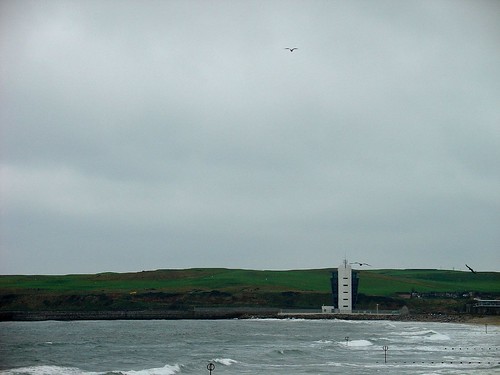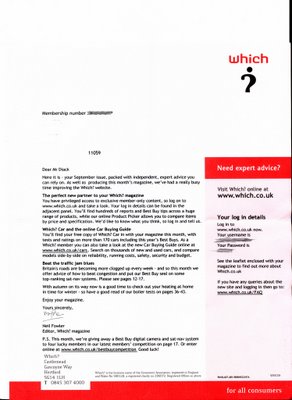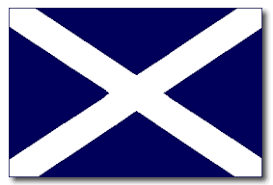John Lidstone wrote the following on Lloyd George. Is Mr Bliar the new Lloyd George?
"Lloyd George perfected this lucrative trade. He appointed an honours broker, one Maundy Gregory who set up an impressive office in Whitehall. Those who called on Gregory found themselves in surroundings which had all the trappings of the office of a government minister. Even the flunky who ushered in the visitors to the inner sanctum wore a uniform which, to the untrained eye, looked like an official government Messenger.
In this stage setting, Gregory interviewed well-heeled businessman, newspaper owners, politicians on the make, crooks and status seekers, to discuss how they might help the government in return for a consideration. And the consideration was an honour. The costs were: a viscountcy from £80,000 to £120,000 depending on your bank account; baronies from £30,000 - £50,000; baronetcies from £25,000: and for run of the mill knighthoods the rate was £10,000 - £15,000.
When the Order of the British Empire was founded by George V in 1917, Lloyd George is said to have asked Gregory what he could ask for an OBE, Gregory's reply was 'about £100 a time'.
Between 1917 and 1922 when Lloyd George resigned, 25,000 people had received the OBE. A nice little earner. Lloyd George is estimated to have amassed in his private bank account over £1.5 million pounds from the sales of honours. (Value £150 million today). As a child, in the 1930s, I remember seeing how he had spent some of this money on his estate at Churt, in Surrey.
Gregory, according to John Walker, author of 'The Queen has been pleased', was paid £30,000 a year from the traffic in honours. A letter published in The Times in 1918, signed by 25 peers included the comment that 'honours may come to be regarded as Dishonours'.
As a result of Lloyd George's scandalous conduct, the exploitation of the honours system for gain was made illegal under The Honours (Prevention of Abuses) Act 1925."


























































